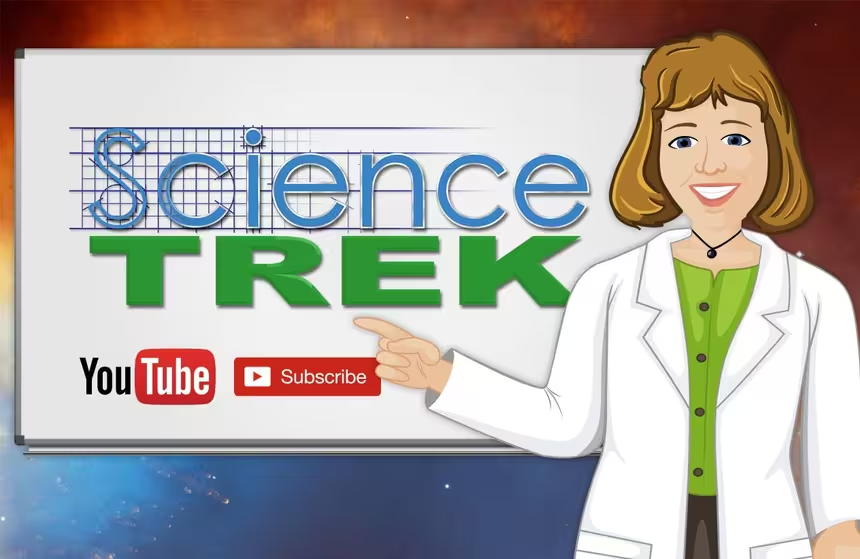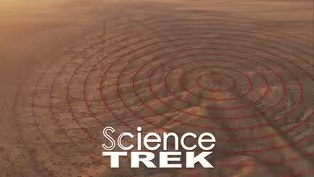
Earthquakes: Did I Just Cause an Earthquake?
Clip: Special | 1m 4sVideo has Closed Captions
Things other than the clash of tectonic plates can cause an Earthquake.
The Earth’s crust isn’t one big piece. It’s broken up into sections called tectonic plates. When the plates crash into each other, they cause rocks to break up and that releases the energy that we call an earthquake. But other things can cause an earthquake. Find out more.
Problems playing video? | Closed Captioning Feedback
Problems playing video? | Closed Captioning Feedback
Science Trek is a local public television program presented by IdahoPTV
Major Funding by the Laura Moore Cunningham Foundation and the Idaho National Laboratory. Additional Funding by the Friends of Idaho Public Television and the Corporation for Public Broadcasting.

Earthquakes: Did I Just Cause an Earthquake?
Clip: Special | 1m 4sVideo has Closed Captions
The Earth’s crust isn’t one big piece. It’s broken up into sections called tectonic plates. When the plates crash into each other, they cause rocks to break up and that releases the energy that we call an earthquake. But other things can cause an earthquake. Find out more.
Problems playing video? | Closed Captioning Feedback
How to Watch Science Trek
Science Trek is available to stream on pbs.org and the free PBS App, available on iPhone, Apple TV, Android TV, Android smartphones, Amazon Fire TV, Amazon Fire Tablet, Roku, Samsung Smart TV, and Vizio.

Science Trek
Science Trek is a place where parents, kids, and educators can watch short, educational videos on a variety of science topics. Every Monday Science Trek releases a new video that introduces children to math, science, technology, engineering, and math (STEM) career potentials in a fun, informative way.[MUSIC] JOAN CARTAN-HANSEN, HOST: The earth's crust isn't one big piece.
It's broken up into sections called tectonic plates.
Those plates are always moving on the fluid mantle layer.
When the plates collide with each other, they cause rocks to break.
and that releases a lot of energy, what we call an earthquake.
The location directly above where an earthquake hits on the earth's surface is called the epicenter.
That's often where you feel the strongest shaking.
We typically only feel earthquakes over a magnitude 3.0 but other things can cause an earthquake.
Volcanic eruptions can send shockwaves through the earth when exploding lava erupts.
An avalanche or landslide can cause a small earthquake.
And humans can cause minor earthquakes too.
Some mining, oil, and gas industry practices can disturb the ground, sending off shock waves.
Scientists don't know when or where the next big earthquake will hit, but understanding what causes earthquakes can make us all safer.
For more information about earthquakes, check out the Science Trek website.
You'll find it at Science Trek dot org
Earthquakes: How to Shorten an Earth Day
Video has Closed Captions
Clip: Special | 1m 4s | What was the largest recorded earthquake? What did it do to the entire planet? (1m 4s)
Providing Support for PBS.org
Learn Moreabout PBS online sponsorship
- Science and Nature

Explore scientific discoveries on television's most acclaimed science documentary series.

- Science and Nature

Capturing the splendor of the natural world, from the African plains to the Antarctic ice.












Support for PBS provided by:
Science Trek is a local public television program presented by IdahoPTV
Major Funding by the Laura Moore Cunningham Foundation and the Idaho National Laboratory. Additional Funding by the Friends of Idaho Public Television and the Corporation for Public Broadcasting.
